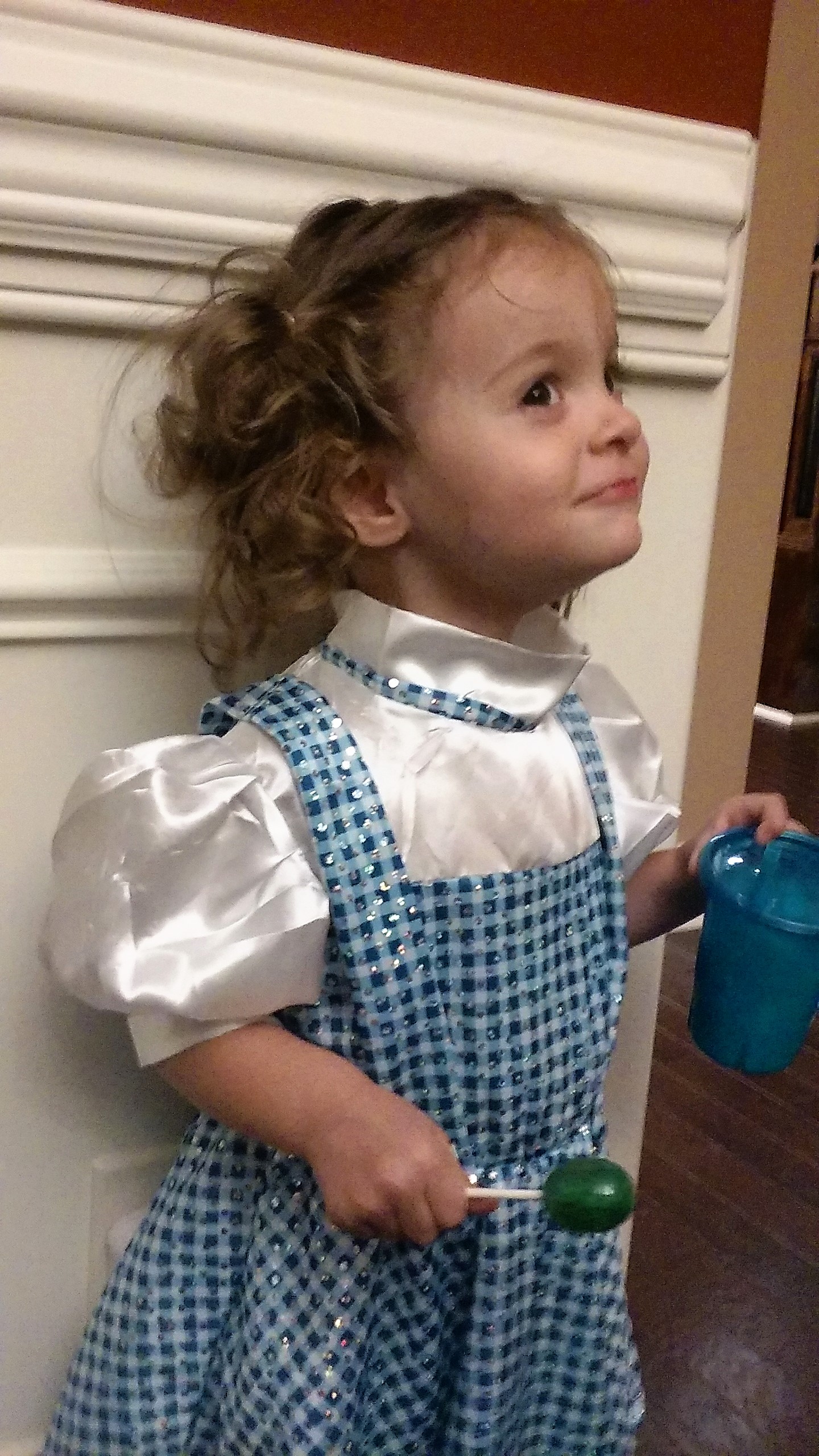When I asked people how the work on childhood developmental milestones that I’ve been doing helped them, the #1 answer I got is that it helped them stay patient. This is a BIG life problem: the irritability and “misbehavior” of children. It is perhaps the biggest life problem, potentially wreaking strife and turmoil in families.
Occasionally people tell me that this work makes them feel fearful or depressed, as they look at how many developmental stages they have to go through. I always encourage parents to take the milestones one at a time. I strive to offer an empathetic ear to those dealing with these milestones, especially when dealing with other big life problems simultaneously. However, the majority of time, the knowledge of these milestones has a healing effect. Here are 3 ways of how understanding the milestones can help you stay patient as a parent.
1. Knowing they are temporary
This is the #1 comment I get about the milestones: they help parents because they know the difficult behavior will be temporary. I can vouch that it helps me. With the way the milestones work, the behavior often comes on suddenly. You are cruising along with a pleasant child and then BAM they want to be held all of the time. You’re trying to live your life, cook dinner, clean up, etc., etc., and all of a sudden you can’t move one inch. Even for me it was a transition every time one hit. It often took me about a half of a day to adjust to the new tempo of life. However, it always helped me to remember, “This will probably only last a few days or a week. My child needs me right now. Life is going to be a little slower. That’s OK.”
2. Knowing the exact details
It’s one thing to know “everything is a stage.” It’s better to know the exact details. You can prepare your heart better. For instance, at Toddler Milestone 9, children become paralyzed to act. There might be a toy two feet away from them and they scream for it, but won’t get it. This can certainly annoy parents. But if you know it’s likely to happen, you can deal with it in the moment better. My book Misbehavior is Growth: An Observant Parent’s Guide to the Toddler Years has expanded descriptions of the behaviors and ideas of how to handle some of the situations that arise.
3. Reframing your attitude
For me, I was often at first irritated by many of the behaviors. For instance at Toddler Milestone 6, they start playing jokes. My daughter would hide spices on me while I tried to cook. I was annoyed at first. I think I may have even yelled, “I don’t have time for games!” When I realized it was part of her development, I went from “I don’t have time for games!” to “Oh, it’s a game, it’s cute.” Some times I had to reframe my attitude about an entire day or week and what I was likely to get done.
 This sweet thing was never mischievous was she?
This sweet thing was never mischievous was she?
Check out the detailed list, which is constantly being updated at Toddler Summary. The main purpose of my book about this, Misbehavior is Growth, is the age-related “misbehavior” is some kind of internal growth and children need adults to come to them to sort out–and give wings to!–the new skill being developed in them. Understand the milestones to playfully roll with them and use them to your family’s great advantage.
I’m on instagram now: amberdomoradzki
Come find me on Facebook as “The Observant Mom”